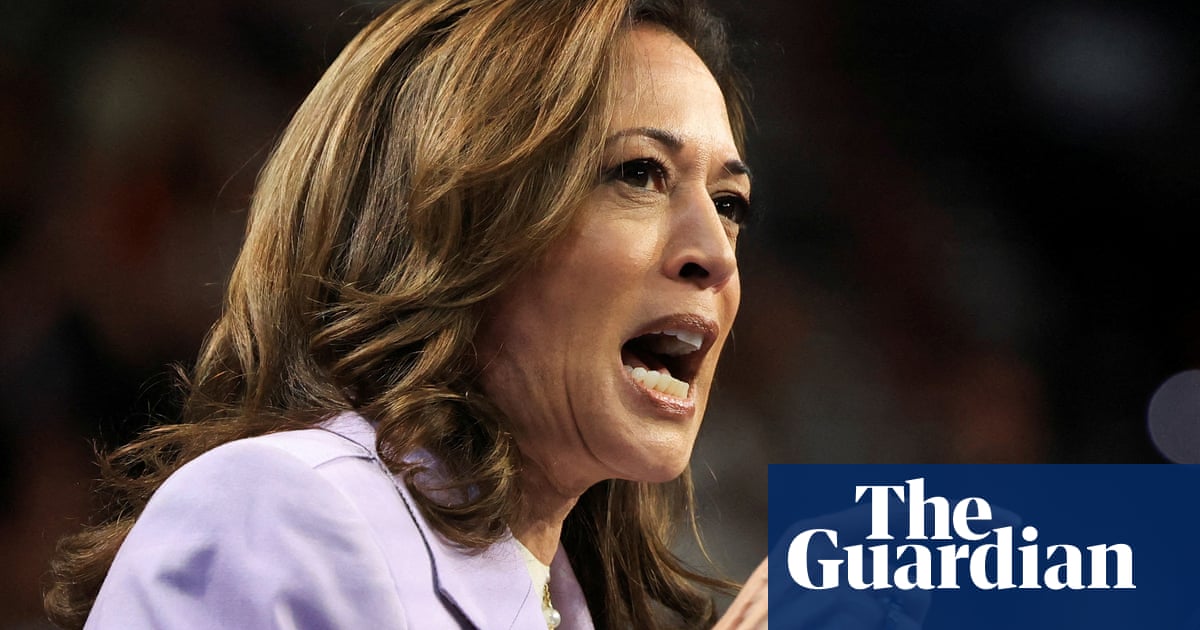Democratic nominee to draw contrast with Trump on tax and tariffs when she lays out details on Friday, aides say
Kamala Harris will announce plans to tackle high grocery costs by targeting corporations in the food and grocery industry, as she previews her economic agenda ahead of the November election.
She will also tackle prescription drug and housing costs, drawing a contrast with Trump on tariffs and taxes, according to a Harris campaign statement.
Harris is expected to lay out some details of her economic plan in a speech in North Carolina on Friday.
“Same values, different vision,” said one aide, describing how Harris’s economic agenda will compare with that of Joe Biden, who stepped aside as the Democratic presidential candidate last month.



deleted by creator
A larger number of competitors has a natural tendency to make collusion more difficult. You are correct that the collusion needs to be aggressively addressed too. Ideally, that would just be a matter of strengthening and enforcing laws. But, I think increasing competition also helps create a market where collusion and price gouging are naturally much less likely.
deleted by creator
Salient points. I’m sold.